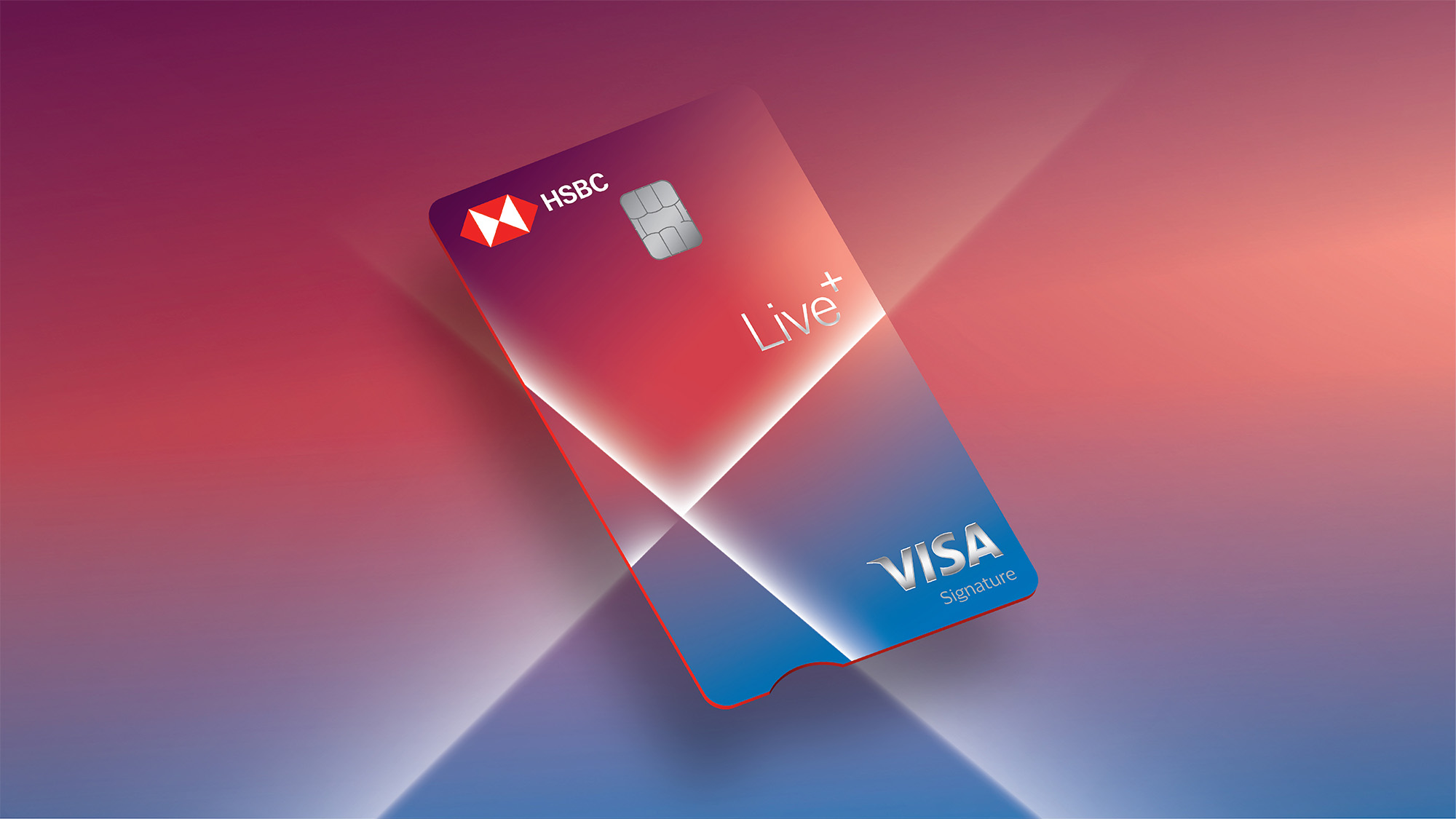Did you find this article useful?

Despite seeming complex, it's not as daunting as it appears.
Learn how credit card providers calculate their interest rates and what you can do to keep yours low.
Credit cards and interest rates go hand in hand. Just like repaying loan instalments, when you settle the credit card bill after a specific interest-free period, you'll need to pay an interest rate.
These rates, also known as finance charges, are levied by the bank on the borrowed amount or transactions outside the interest-free period. The credit card interest rates can differ based on the type of credit card you have, and they may vary even among cards from the same bank.
Unlike joining fees or annual fees, credit card interest rates are based on usage. So remember, they apply if you don't pay your credit card bill in full and on time.
In India, banks typically determine the credit card interest rate based on the APR (Annual Percentage Rate). This rate is calculated annually rather than monthly.
However, when calculating the interest on your monthly dues, banks use the MPR (Monthly Percentage Rate) for your transactions. The APR and MPR differ among banks and credit cards.
Applying for a credit card? Be sure to ask the bank about how much APR is charged on that card.
Let's say that during the month of March, you put INR2,000 on your credit card. At an interest rate of 3.49% per month, the following interest will be charged on your purchases:
| Transactions and charges | Amount (INR) |
|---|---|
| Outstanding due on the 20 March statement | ₹2,000.00 |
| Payment made on the 4 April due date | ₹100.00 |
| Balance carried forward (revolved) | ₹1,900.00 |
| Interest on INR1,200 for 35 days (from 1 March to 4 April) | ₹48.2 |
| Interest on INR800 for 26 days (from 10 March to 4 April) | ₹23.9 |
| Interest on INR1,900 for 15 days (from 5 April to 20 April) | ₹32.7 |
| Total interest charged in the 20 April statement | ₹104.8 |
| GST at 18.00% on interest | ₹18.9 |
| Outstanding due in the 20 April statement | ₹2,023.6 |
| Transactions and charges | Outstanding due on the 20 March statement | Outstanding due on the 20 March statement |
|---|---|---|
| Amount (INR) | ₹2,000.00 | ₹2,000.00 |
| Transactions and charges | Payment made on the 4 April due date | Payment made on the 4 April due date |
| Amount (INR) | ₹100.00 | ₹100.00 |
| Transactions and charges | Balance carried forward (revolved) | Balance carried forward (revolved) |
| Amount (INR) | ₹1,900.00 | ₹1,900.00 |
| Transactions and charges | Interest on INR1,200 for 35 days (from 1 March to 4 April) | Interest on INR1,200 for 35 days (from 1 March to 4 April) |
| Amount (INR) | ₹48.2 | ₹48.2 |
| Transactions and charges | Interest on INR800 for 26 days (from 10 March to 4 April) | Interest on INR800 for 26 days (from 10 March to 4 April) |
| Amount (INR) | ₹23.9 | ₹23.9 |
| Transactions and charges | Interest on INR1,900 for 15 days (from 5 April to 20 April) | Interest on INR1,900 for 15 days (from 5 April to 20 April) |
| Amount (INR) | ₹32.7 | ₹32.7 |
| Transactions and charges | Total interest charged in the 20 April statement | Total interest charged in the 20 April statement |
| Amount (INR) | ₹104.8 | ₹104.8 |
| Transactions and charges | GST at 18.00% on interest | GST at 18.00% on interest |
| Amount (INR) | ₹18.9 | ₹18.9 |
| Transactions and charges | Outstanding due in the 20 April statement | Outstanding due in the 20 April statement |
| Amount (INR) | ₹2,023.6 | ₹2,023.6 |
For more information about credit card interest rate charges, visit Key things you should know about the HSBC Live+ Credit Card.
Interest will affect your total outstanding credit card balance. Usually, banks charge interest in the following situations:
If you fail to settle your credit card bill on time – that is, on or before the due date mentioned in your credit card statement – the bank will apply interest on the outstanding balance amount.
When you pay only the minimum amount instead of the full outstanding amount, the bank charges interest on the balance amount. This will keep accruing until you clear all the dues.
When you pay an amount less than the actual bill amount, credit card interest rates are applicable to the balance amount.
If you use your credit card to withdraw cash from an ATM, you must pay interest on it. The interest on such advances is usually higher than the interest applied on regular transactions.
Lots of things can affect the interest rates on credit cards. One important factor is your personal credit score, which shows how you've handled your finances and credit in the past. If your credit score is high, say 750 or more, then the bank may offer you the card at attractive interest rates.
Here are a few other critical factors to consider if you want to get a credit card with the lowest interest rate and best benefits.
Your repayment history reflects your credit behaviour and ability to settle dues. If you've been prompt with repayments and have minimal outstanding dues, you could qualify for a credit card at a lower interest rate. On the other hand, defaults on payments can lower your credit score, leading to higher interest charges on your credit card.
When setting your credit card interest rate, the bank considers your credit limit and usage percentage. Keeping usage below 40% shows responsible use, boosting your creditworthiness and potentially lowering your interest rate.
But, if you have used more than 70% of the credit limit offered to you, be prepared to pay a higher interest rate on your credit card.

Apply for an HSBC Live+ Credit Card
10% accelerated on all dining, food delivery and grocery spends.
Did you find this article useful?


